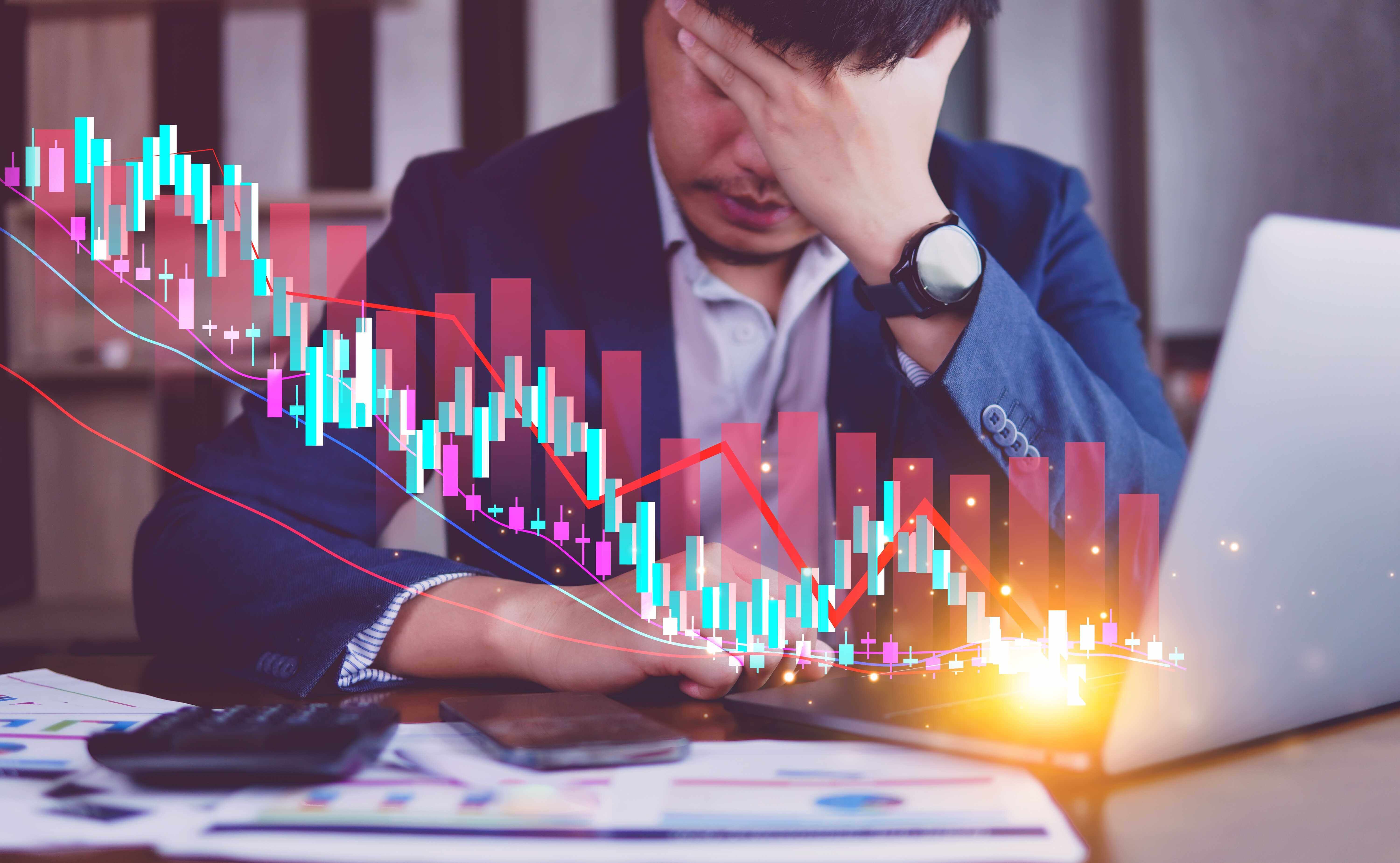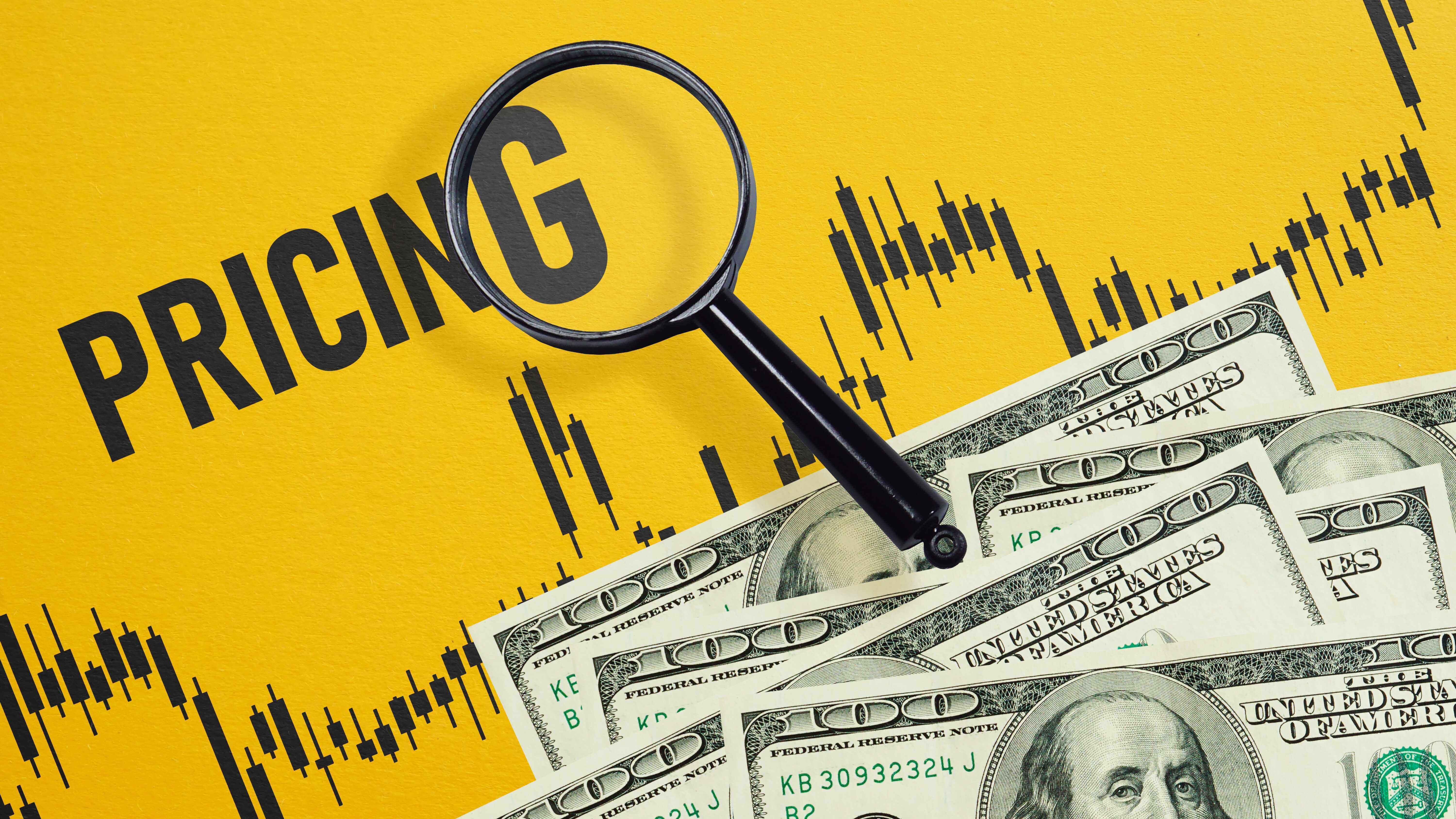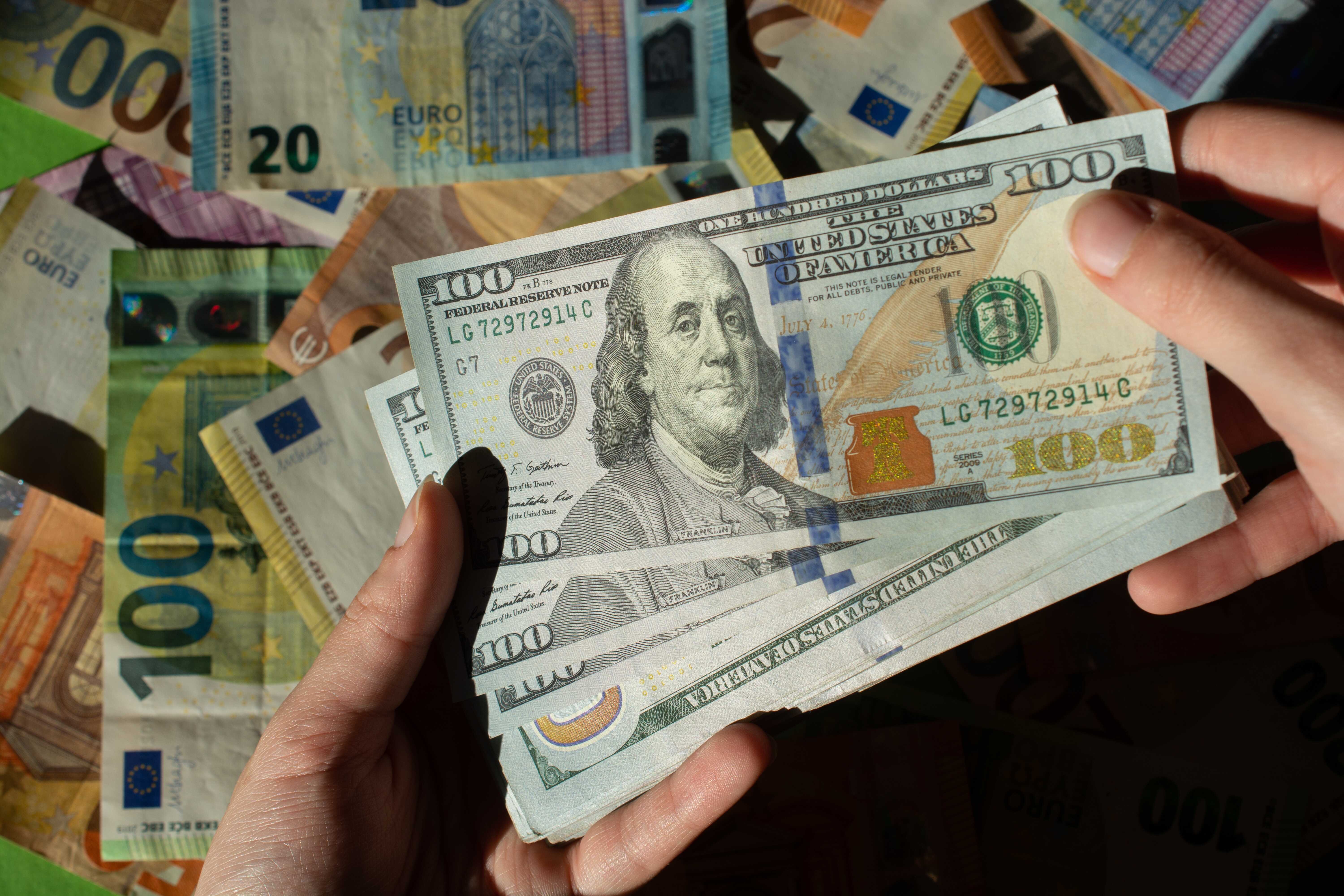Quantumscape: Buy, Sell, Or Hold?

Electric vehicles (EVs) could be a game changer for transportation, but the technology still faces barriers to wider adoption. One common criticism is that they take too long to charge, and another is that their range (the number of miles a car can travel on a single charge) is too small.
That's where QuantumScape (NYSE: QS) comes in. The company wants to push lithium-ion battery technology beyond its current limitations and has significant backing from Volkswagen to achieve this goal. Early results from rigorous endurance tests are promising, and recently, new battery prototypes have thrust QuantumScape back into the spotlight.
Start Your Mornings Smarter! Wake up with Breakfast news in your inbox every market day. Sign Up For Free »
With the stock trading 96% below its four-year peak and hovering near all-time lows, is it time to buy or sell QuantumScape? Consider the following.
A reason to buy or hold
QuantumScape's advanced solid-state lithium-metal batteries promise significant improvements in energy density, charging speed, and safety compared to traditional battery systems. A major partner in this endeavor is Volkswagen, which has invested over $300 million and established a 50-50 joint venture with QuantumScape to develop new batteries and scale up battery production.
Early this year, Volkswagen's battery division, PowerCo, conducted endurance tests on QuantumScape's solid-state batteries, which achieved over 1,000 charging cycles with minimal wear. This suggests that an EV with this battery could drive over 500,000 kilometers (about 310,000 miles) without a noticeable reduction in range.
Last month, QuantumScape stock got another boost after the company announced the production and shipment of B-sample cells, one of its biggest goals for 2024. These cells are being sent to automotive manufacturers for thorough testing as part of a rigorous validation process involving A, B, and C prototype cells before commercial production of the final product.
Image source: Getty Images.
Ultimately, QuantumScape aims to allow EVs to drive farther, charge more quickly, and operate more safely.
A reason to sell
However, QuantumScape faces fierce competition. Toyota's first-generation solid-state batteries boast a range of 745 miles, while its second-generation batteries can go as far as 932 miles. Not only that, but its batteries also promise to recharge to 80% capacity in as little as 10 minutes. Toyota plans to deploy its solid-state technology in hybrid models as soon as next year. Meanwhile, Nio has already brought its semi-solid-state batteries, which have a range of up to 620 miles, to the mass market.
Adding to its difficulties is the fact that QuantumScape is currently pre-revenue and continues to post significant losses. In the first nine months of 2024, the company had a net loss of $364 million. For this reason, funding is a crucial part of QuantumScape's long-term success.
QS Free Cash Flow (Quarterly) data by YCharts
Earlier this year, QuantumScape agreed to grant PowerCo the license to mass-produce battery cells based on its technology. The agreement enables PowerCo to manufacture up to 40 gigawatt-hours (GWh) per year, with the option to double this production to 80 GWh. Thanks to a $130 million prepayment of royalties by PowerCo, QuantumScape's cash runway has been extended by 18 months to 2028.
The agreement also enables QuantumScape to take a capital-light approach and reach its gigawatt-hour scale faster than under its prior agreement.
QuantumScape's commercial-scale battery production remains a work in progress. And according to the four analysts covering the company, it won't be until 2029 that QuantumScape generates positive net income.
Final verdict
QuantumScape is working on exciting technology that could revolutionize EVs and make them more appealing to the masses. With that said, the company is still in the early phases of developing and testing its battery technology, and it could be several years before it generates positive cash flow. For those reasons, I would give the stock a sell rating today.
Don’t miss this second chance at a potentially lucrative opportunity
Ever feel like you missed the boat in buying the most successful stocks? Then you’ll want to hear this.
On rare occasions, our expert team of analysts issues a “Double Down” stock recommendation for companies that they think are about to pop. If you’re worried you’ve already missed your chance to invest, now is the best time to buy before it’s too late. And the numbers speak for themselves:
- Nvidia: if you invested $1,000 when we doubled down in 2009, you’d have $334,266!*
- Apple: if you invested $1,000 when we doubled down in 2008, you’d have $46,976!*
- Netflix: if you invested $1,000 when we doubled down in 2004, you’d have $479,727!*
Right now, we’re issuing “Double Down” alerts for three incredible companies, and there may not be another chance like this anytime soon.
*Stock Advisor returns as of December 16, 2024
Courtney Carlsen has no position in any of the stocks mentioned. The Motley Fool recommends Volkswagen Ag. The Motley Fool has a disclosure policy.



